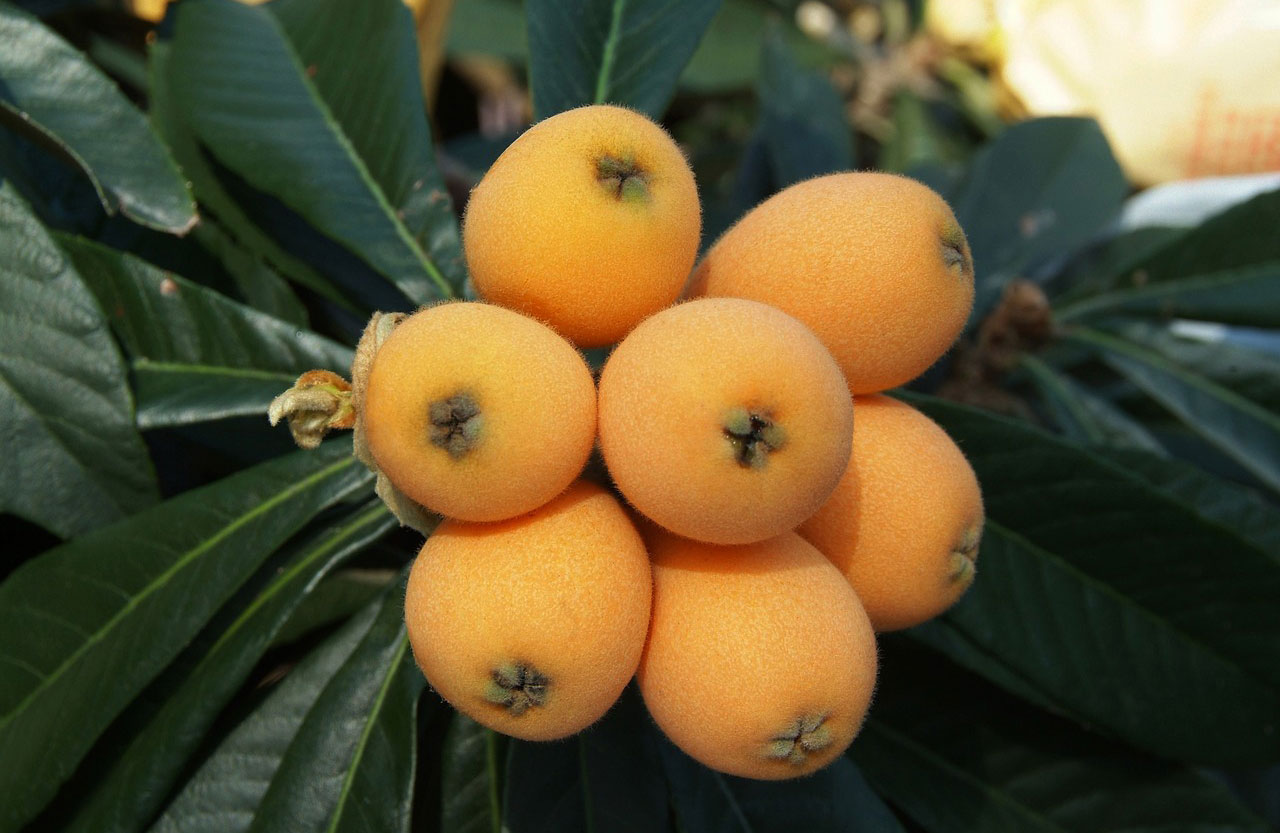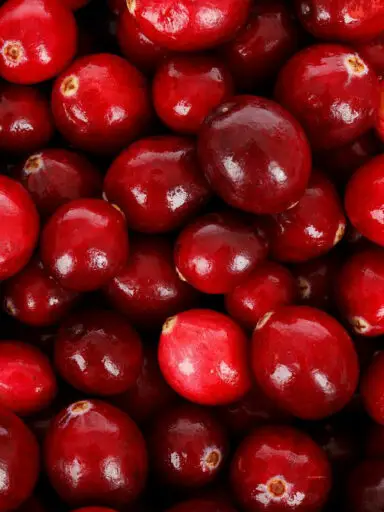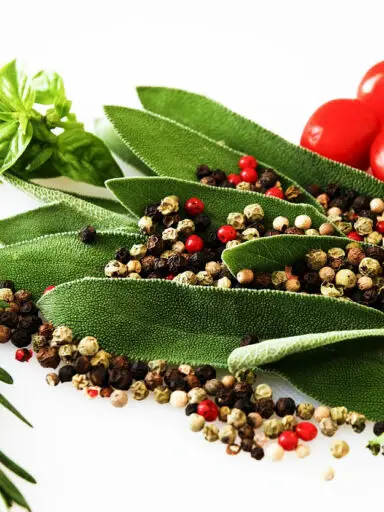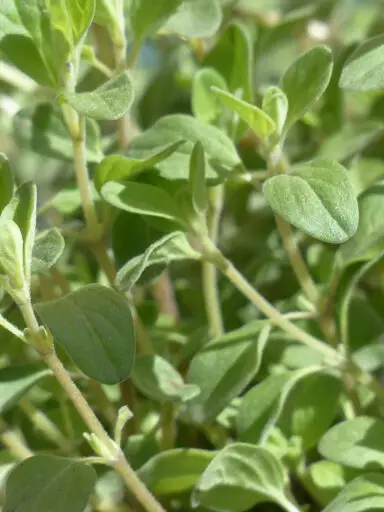The loquat is a fruit of an evergreen shrub of the same name. It is native to South Central China. It is also a popular fruit in Japan, Korea, the Philippines, and Sri Lanka as well as other regions in Southeast Asia.
The loquat is also commonly referred to as the Japanese medlar, Japanese plum, and Chinese plum, while in China it is mostly known as Pipa.
The tree grows to about 10 meters tall. Depending on the climate the fruits blossom in the Spring or Summer seasons while the flowers bud in Winter or late fall.
The fruit tends to reach about three to five centimeters long. The fruit is oval in shape. The skin is smooth in texture and turns from green when immature to yellow or yellowish-orange when ripe. The inedible seeds start out white and turn brown when ripe. Each fruit contains about five or more of these fruits.
The fruits which may be sweet and mild to slightly acidic grow in clusters around the stalk. The deeper the color the sweeter the fruit. That is, the more orange the fruits are the sweeter they are.
The fruits are normally harvested when ripe where they tend to have a similar flavor to apples, or peaches with flesh that is soft and juicy.
Harvested fruits are soft and delicate and must, therefore, be handled with care. One can get loquats in the Spring or Summer seasons depending on where you live around the world.
One should purchase fruit that is free from cuts and bruises and any signs of blemishes. The fruit should be yellow to orange in color. Once home they should be stored in a refrigerator where they can keep for a week or two.
At room temperature, they are only good for a few days.
How Loquat is Prepared for Consumption
The fruits should be washed in cold running water to remove, dirt and any pesticide residue. The fruit can then be eaten peeled or unpeeled as a snack. When peeled it can also be used as an ingredient in fruit salad mixes.
They are also good for fillings in pie dishes and dessert preparations. They can also be used to prepare sweet sauces or turned into jam, jelly, or syrup.
Nutritional Benefits
Loquat contains just 47 calories per 100 grams. It is a great source of dietary fiber and contains no saturated fats or cholesterol. It is a good source of antioxidants, vitamins, and minerals. It is also a good source of carbohydrates.
Loquat comes rich in vitamin A. It is a good source of B-complex vitamins such as folates and pyridoxine. It contains decent amounts of thiamin and riboflavin.
It is a good source of potassium, copper, iron, magnesium, manganese, and phosphorus.




